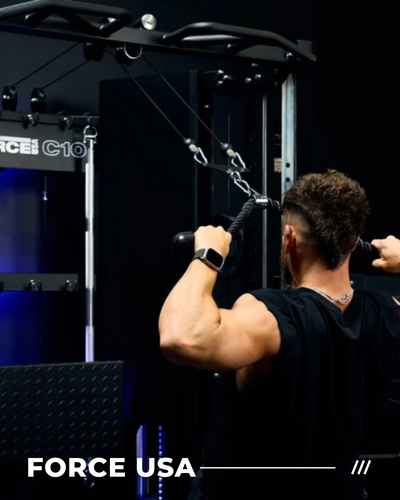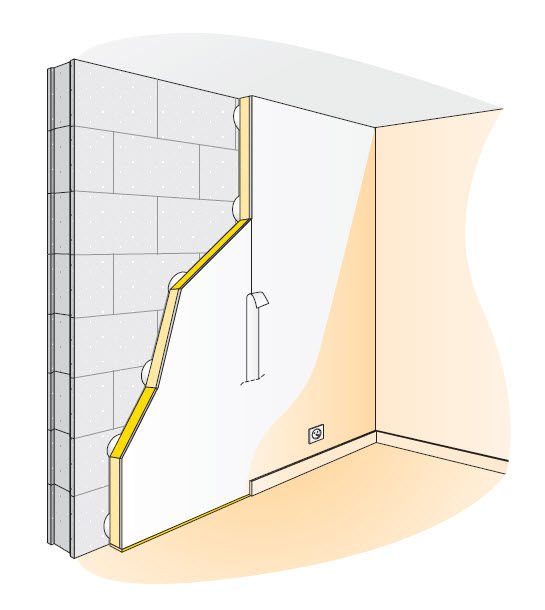BY RACHEL WEINGARTEN
As we start a brand-new year, it feels like we all (always) have our eyeballs in the future and how the nascent new year will shape up. Instead of taking time to reflect on all the good things we managed to accomplish in the past, everyone seems laser-focused on what we can do differently next time/in this new year.
But here's the thing, a large part of the process of goal-setting for the future involves reflecting on the past. But for many of us, that means saying we want to change the things we did wrong, and it forces us to primarily recognize the missteps we took; not necessarily the victories.
Why are so many of us so bad at recognizing the amazing things that happened to us? Not a single action in a single year, but rather all the small magical details that make our lives pretty awesome.
Social media seems to feed a constant stream of everyone else's milestones – love, marathons, babies, awards – all the things worth celebrating and part of the highlight reel. The flip side though, is that we also collect and actively remember every single bad thing that happened to us, or things we did to ourselves. And somehow we forget to forgive ourselves and instead use the end of the year as a way of heaping blame on ourselves for being human. And having all those negative feelings can stop us in our tracks before even figuring out how to set goals for the future.
Someone I know has been inspired by what author Tim Ferriss calls The Awesome Jar. As my friend explains it "He literally keeps a jar at his house and puts both little tiny successes and large successes in there." Things that happen daily, or things that took years to complete. But more than that, he reminds himself of the high points, the daily victories, the things that brought on smiles or fist bumps or even a momentary glow that keeps on giving. So, if we're capable of reminding ourselves of the amazing moments, why do we seem to hang onto the negative ones?
Jared Skillings, Ph.D. at Spectrum Health in Grand Rapids, Michigan said: "People focus on the negative because they want to fix things or make them better." Sounds promising so far, right? But Skillings said that while "The intent is positive, but the result is not. While it's important to purposefully set aside time for doing/fixing things, you should also set aside time for simply being present and focusing on life's blessings and joys."
To that end:
Embrace the mistake: Skillings said what while people must give themselves permission to make mistakes "Rehashing all of life's woes or mistakes won't fix the past; it only makes you more upset and unhappy in the present."
Acknowledge the mess up. Take stock of how it does or does not affect your future goals and move on.
Take time to focus on you: We're all really really busy. So Skillings advises scheduling time – maybe even 15 minutes to a half hour "to focus on yourself and your health and happiness, or just to reflect on the positive things in your life or the goals that you would like to accomplish."
You don't have to spend hours navel gazing, simply take the time to remind yourself what's great in your life on a daily basis.
Reset the soundtrack of the season: One of the best seasonal tips I've ever heard, comes from Joe Campo, a music enthusiast and Co-Founder of Daft Trunk (a company geared towards helping EDM lovers support emerging artists) and self-proclaimed "Lifestyle Visionary." Campo initially suggested creating a December soundtrack to combat all the Santa Claus and Jingle Bell songs assailing you on the radio. But the truth is, that wisdom holds true all year long- especially in the blue season following all the holiday festivities. Create a soundtrack with songs that you connect with and make you smile. Campo's current soundtrack includes an "intense series of Hans Zimmer tracks followed with “Meridian” ODESZA’s new and super uplifting release." But don't just create your soundtrack, integrate it into your day.
Campo advised "For the first 30 minutes of every day, before looking at your phone, don’t do anything else but sit or stand in one place and listen to your soundtrack. In this time, breathe deep and think of beautiful moments in your life both big and small to be grateful for. I find recalling the smallest moments give me the most joy." And if you need a booster during a hectic day "pull up a song listened to in the morning session and get back to those happy memories that were making you feel grateful. Doing this forces us to smile, helps that hamster wheel running in our minds to slow, and allows us to be more aware of the little bits of greatness in our life that happen every day, all day long."
Still with me?
Now that you've allowed yourself to focus on the best parts of the year or years that passed, you can more gently and realistically allow yourself to set goals for yourself for the year ahead. If you need some help, ask yourself the following questions:
- What were the recurring positive themes in the year(s) that passed?
- How can I realistically recreate that in the future?
- What were the areas of joy or success that appeared less frequently?
- How can I increase those?
- What are the things in my life that need work and improvement? How can I learn from these things in a way that doesn't belittle myself or my current situation to improve and grow?
And more than anything, forgive yourself. Forgive your body if it was ill or carries around some extra weight. Forgive your parents or kids or dogs if they're too needy or not needy enough. Forgive your significant other if they aren't thoughtful or enough or are too smothering. And then figure out how to take tiny steps forward to make the year ahead even better than the one that was.







